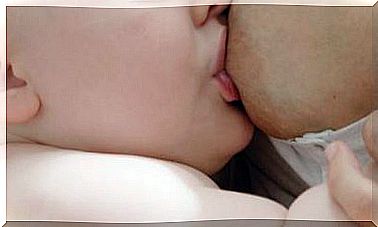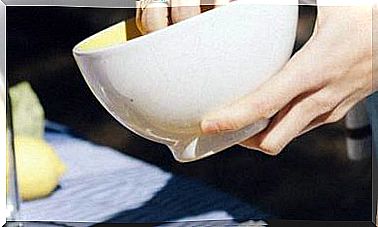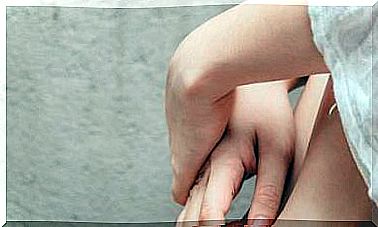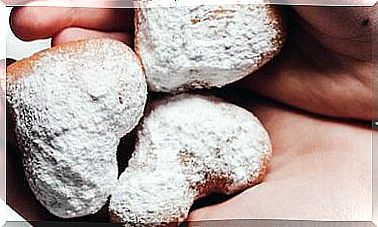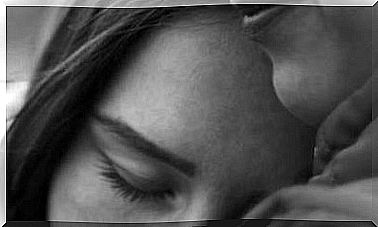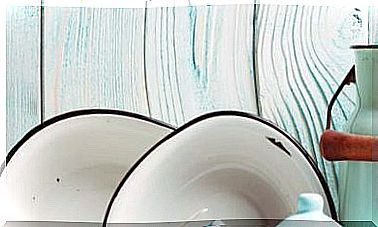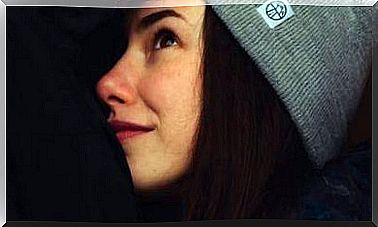“We Are Not Victims Of Our Genetics”
Stella Maris Maruso, biopsychosocial therapist, explains that it is possible to change our biology in the face of illness and redefine life itself.
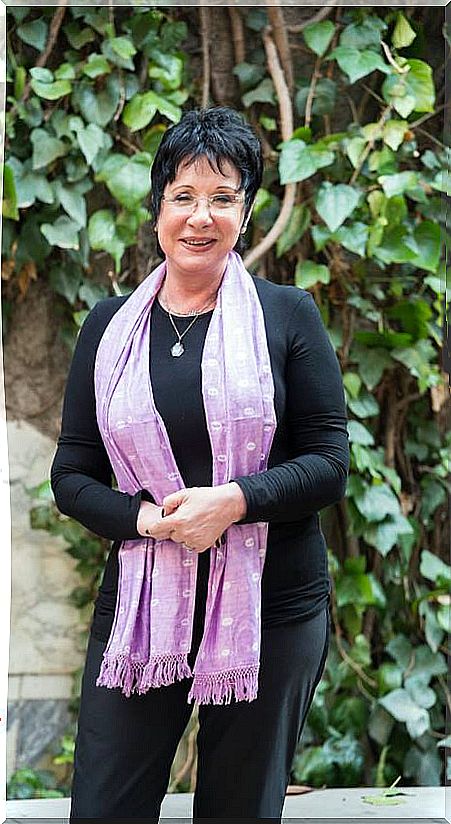
Diet modification, participation in psychosocial support groups, regular physical activity, and learning breathing, visualization, and relaxation techniques can exert positive changes in our genetics, reversing severe disease in many cases.
This fact, confirmed in recent years by scientific studies, has been observed for decades by therapists such as Stella Maris, who directs the Health Foundation and its Advanced Recovery and Support Program (PARA).
Stella Maris’ inner laboratory
– When did you decide to dedicate yourself to helping people in extreme situations?
– In the 1980s, I saw incredible things happen when my father decided to live despite his prostate cancer and not expect an inexorable death after a damning prognosis.
And I observed that this changed the course of his illness. Together we put into practice all the techniques that I was learning and we began to have incredible results. Your referral prompted me to extend this help to others.
–And that’s when she studied psychoneuroendocrine immunology…
–I was trained, I dedicated myself to being with people who knew a lot about this discipline and others who made people change.
They were scientists like Robert Ader, Carl Simonton, Jeanne Achterberg … They taught me how, and with a little sensitivity, that how became a little more intense.
–One of the people she worked with and who influenced her was the psychiatrist Elisabeth Kübler-Ross…
–With her I learned to help die well. I was very interested in the subject of death and I wanted to address it deeply, for myself.
I understood that it was something transcendent and that one could accompany people to travel in a much more conscious way through life, learning to live until death. And help not only the person who is going through the experience, but also the person who is accompanying them in this experience.
–The cure depends, according to you, among other things, on activating our internal “chemical” laboratory…
–What we do is attend to the needs that have been unsatisfied by ourselves, by medicine and by psychology.
And also to support medicine: while it does everything to try to cure a disease, we, with the inner laboratory, can create health through a healing process. Surprising things can happen in this endogenous synergy, such as the person improving their quality of life and increasing their survival time, even though there are cases in which a remission is achieved.
For many people, it is miraculous that this happens. But what is truly miraculous is that the immune system, in the face of a serious illness, continues to be there to cooperate in our recovery process. You just have to know how to help him.
“The miraculous thing about a serious illness is that the immune system continues to cooperate.”
–In his book The Inner Laboratory, he collects cases of people with a life crisis, cancer, AIDS… and their disease has subsided. What made the difference?
– You cannot answer lightly because it would be very pragmatic and I do not believe in pragmatism in the healing process.
What I do know is that all these people chose to take charge of their lives and said, “Healing may or may not be possible, but I want to live intensely until I die.” They changed their way of perceiving themselves, others and the circumstances in which they lived and were healed.
Just as the genesis of a disease is multifactorial, so is healing. Spontaneous remission usually occurs when the person does not go back to being who he was before, that I can guarantee. If the person is healed, they cannot be the same again.
– Before an adverse diagnosis, how is it better to react?
– I always say that there are two ways: either one feels that this diagnosis or that illness comes to ruin his life, or he can also feel that it comes to enrich it.
In the first case, the person will continue doing what they always did, but if we feel that the disease comes to enrich us, this is where an inner journey that goes beyond the disease begins.
“Only 10% of diseases have a genetic origin”
– What are the fundamental factors that trigger cancer: diet, stress …?
– I join what many scientists say: that we are not condemned by our genes.
That really only 10% of diseases have a genetic origin, compared to 90% whose origin is epigenetic; that is, how the environment (internal and external) acts on that gene expression. We have to learn to have a healthier lifestyle, regardless of the circumstances in which we live.
It is about changing our perception, avoiding unnecessary suffering generated by contrary desires and understanding that we have to educate our mind and that we can carry it out. People identify a lot with their way of thinking, feeling, imagining, without realizing that one is precisely the one who can change that way of thinking, feeling and imagining.
–So, you don’t think that certain foods can cause cancer …?
–It is true that food is a major source of disease or imbalance, although I believe that there are many factors that make us sick and that we have to work.
Nutrition is very important, but also our cognitive situation, how we connect and the unconscious … as well as the energy aspect … There are many aspects and we must end the idea that with only one thing we are going to be protected.
–What is the best nutritional guideline for a person living with cancer?
–Within the Foundation, many professionals work with us helping us.
We are paying close attention to immunonutrition, a specialty that consists of the proper use of nutrients and nutritional strategies in the control and polarization of an effective immune response, to combat cellular alterations.
–Apparently, those with better family and partner ties are in better health…
–There is a lot of energy that is lost and negative chemical mechanisms that obstruct the proper functioning of the body related to ties.
These negative chemical mechanisms are generated most of the time in the family and in the name of love. The word love is used to cover any deficit, be it communication, interaction or the basic principles that move a relationship.
– What is your recovery and health program based on?
–During five days, a group of therapists meet with the patient and his family, and offer information so that they understand where their power lies.
They have to understand what is the biology of beliefs, the biology of emotions, they have to know about nutrients …
They have to be active, not passive. Therapists also begin to know how patients live, what medications they receive, how they eat, what a day of their life is like, how they bond, the things they avoid … We have to know their fears, their dreams … Everything to move forward .
“And after those five days?”
A personalized health plan is built and given to the patient and their family to see how each one can participate in the miracle of creating health… And they are asked to comply with it for three months.
“Why three months?”
–Because it takes three months to change many installed mechanisms, to enable new neural networks, for the generation of peptides necessary for the balance and release of cell receptors …
A biochemical tsunami that will create a change.
– What have you learned from your dedication in all this time?
–That we do not accompany in the disease, but in the experience of the disease.
There is no greater joy than accompanying a life story that does not have to be wonderful, but it can be redefined. When you see such great changes, the families that were enriched by the disease, who thank you for the experience, then there is no more sacred territory than that.
This leads you to feel that this is where you want to be. And that does not have to do with one knowing everything, because one can only teach what one is still learning. Sharing that sacred space fills you with grace and you feel that there is no better place to live in the world.
For more than 40 years, Stella Maris Maruso has dedicated herself to giving back the pulse of life to many sick people who can thus find a transcendent meaning to their existence and their situation.
She was trained in psychoneuroendocrinoimmunology (PNEI) with the most prestigious international professionals, was a disciple of the caregiver Elisabeth Kübler-Ross and directs the Health Foundation (www.fundacionsalud.org.ar). He has published the book The Interior Laboratory (Planeta, 2017).
